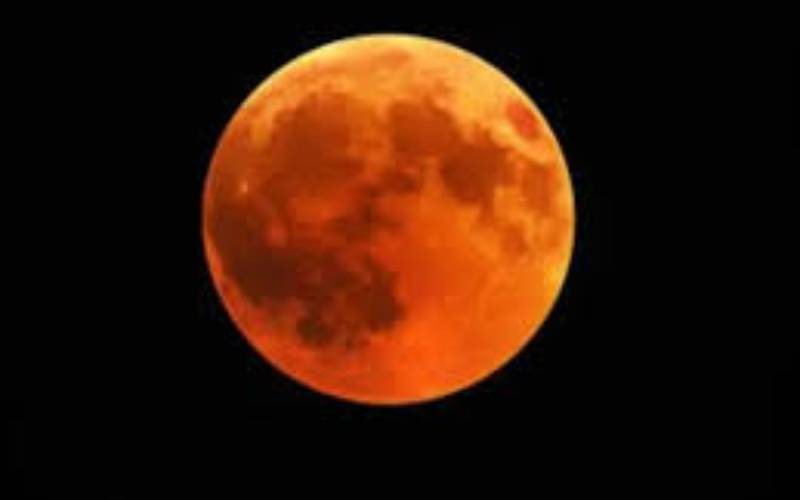Outrage Erupts After Tourist Pours Beer Down Elephant's Trunk in Kenya
Several investigations have been launched in Kenya after a Spanish man posted videos on social media, specifically Instagram, showing himself pouring beer down an elephant's trunk. The incident, which sparked widespread anger and calls for the man's deportation, occurred in a wildlife reservation. The man was filmed drinking from a can of Tusker, a popular local beer, before offering the remainder to the elephant. He captioned one of these clips, 'Just a tusker with a tusked friend,' before it was later deleted from his account due to significant backlash from Kenyan social media users.
The BBC authenticated the footage, confirming its genuineness. The landscape and the presence of a well-known bull elephant strongly suggest the videos were filmed at the Ol Jogi Conservancy, located in the central county of Laikipia. A staff member at the privately owned wildlife sanctuary, identified only as Frank, expressed shock at the man's actions, stating, 'This should never have happened. We're a conservation and we can't allow that to happen. We don't even allow people to go near the elephants.' The staff member confirmed that the videos would be forwarded to 'the relevant authorities' for further action.
The Kenya Wildlife Service (KWS) has also initiated an investigation into the incident, as confirmed by its spokesperson, Paul Udoto, to the BBC. The individual involved has used variations of 'Skydive_Kenya' across his social media profiles. Another video shared on Instagram depicted him feeding two elephants with carrots, followed by the statement, 'We are on beer time.'
The elephant featured in the beer-pouring video is large, with distinctive long tusks, one of which appears damaged. This description matches Bupa, a friendly male elephant at Ol Jogi, whose image is frequently shared by visitors. Bupa has a notable history, having been rescued from a mass elephant cull in Zimbabwe in 1989 and brought to the conservancy when he was eight years old. Ol Jogi Conservancy, home to approximately 500 elephants, prides itself on being a pioneer in rehabilitating animal orphans and reintroducing them into the wild.
The man, who describes himself as an 'adrenaline junkie' on TikTok, had also posted a separate video showing him feeding a rhino with carrots at the nearby Ol Pejeta Conservancy. Thige Njuguna from Ol Pejeta confirmed that the man had violated their rules, stating, 'He has also broken our rules because he was not supposed to touch the rhinos because they are not pets.' Njuguna also clarified that the rhino in the footage was from their nature reserve, and Ol Pejeta does not house elephants.
Dr. Winnie Kiiru, a Kenyan biologist and elephant conservationist, strongly condemned the tourist's actions, labeling them as 'unfortunate.' She emphasized the danger posed to both the individual and the elephant, explaining that 'About 95% of elephants in Kenya are wild and it is wrong to have social media posts that give the impression that you can get close to the elephants and feed them.'
This incident follows closely on the heels of another widely publicized event where a group of tourists was filmed obstructing migrating wildebeest at Kenya's Maasai Mara during the annual wildlife migration. Viral footage of that incident showed visitors exiting safari vehicles, crowding riverbanks, and forcing wildebeests into crocodile-infested waters, igniting public outrage. In response to these recurring issues, the tourism and wildlife ministry has announced stricter regulations, mandating tour operators to enforce park rules by ensuring visitors remain inside their vehicles except in designated areas. The ministry also committed to enhancing signage across wildlife parks and intensifying visitor education on safety protocols. The Maasai Mara wildebeest migration is a significant natural heritage asset for Kenya, attracting thousands of visitors annually.
You may also like...
From Otedola to Ajibade: Love, Legacy, and the Politics of a Name

Temi Otedola has changed her surname to Temi Ajibade after marrying Mr Eazi, sparking a nationwide debate on feminism, l...
Boxing World Erupts! Canelo vs. Crawford Super-Fight Set to Define Legacies

Boxing history is set to be made on September 13 as two pound-for-pound greats, Canelo Alvarez and Terence Crawford, col...
Nigeria's Super Falcons Reign Supreme! Historic 10th WAFCON Title Ignites National Pride
)
Nigeria's Super Falcons clinched their record-extending 10th Women's Africa Cup of Nations title with a dramatic 3-2 com...
Conjuring: Last Rites Dominates Box Office, Unleashing Horror Havoc!

The alleged finale of "The Conjuring" franchise, "Last Rites," has shattered box office records, becoming the highest-gr...
Who Will Be the Next 007? James Bond Speculation Heats Up!

Speculation surrounding the next James Bond is intensifying, with British actor Mike Dickman emerging as a surprise fron...
2025 MTV VMAs Electrifies Audiences: Full List of Performers, Winners & Record Viewership Revealed!

The 2025 MTV Video Music Awards, broadcast for the first time on CBS, achieved record viewership and social media engage...
African Music Royalty Reigns: Burna Boy & Davido Dominate AFRIMA 2025 Nominations!

The All Africa Music Awards (AFRIMA) 2025 nominations have been announced, following a record-breaking 10,717 entries an...
Fatherhood Dream: Pete Davidson and Elsie Hewitt Expecting First Child

Comedian Pete Davidson and model Elsie Hewitt are expecting their first child, a joyful announcement Hewitt made on Inst...


